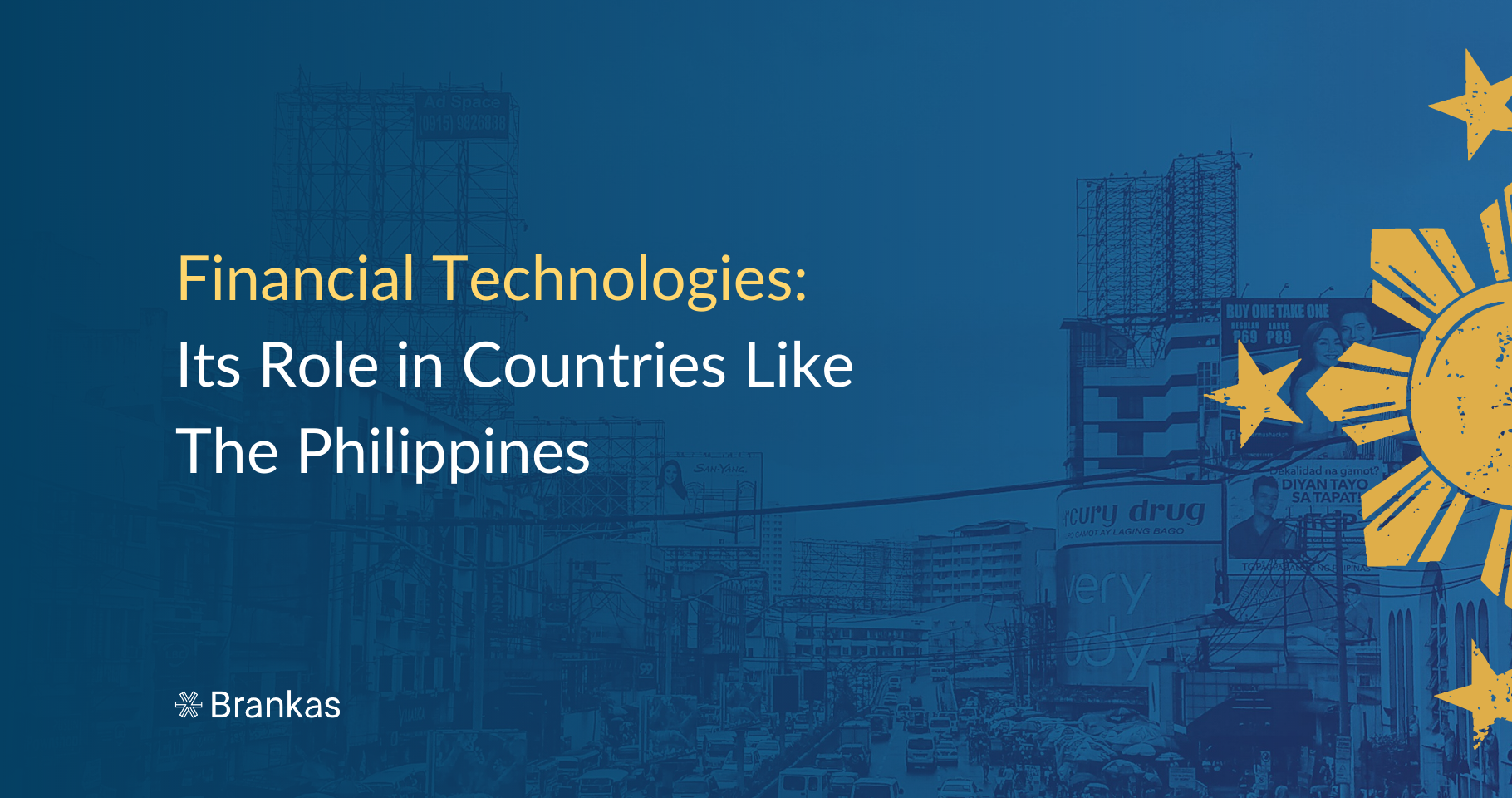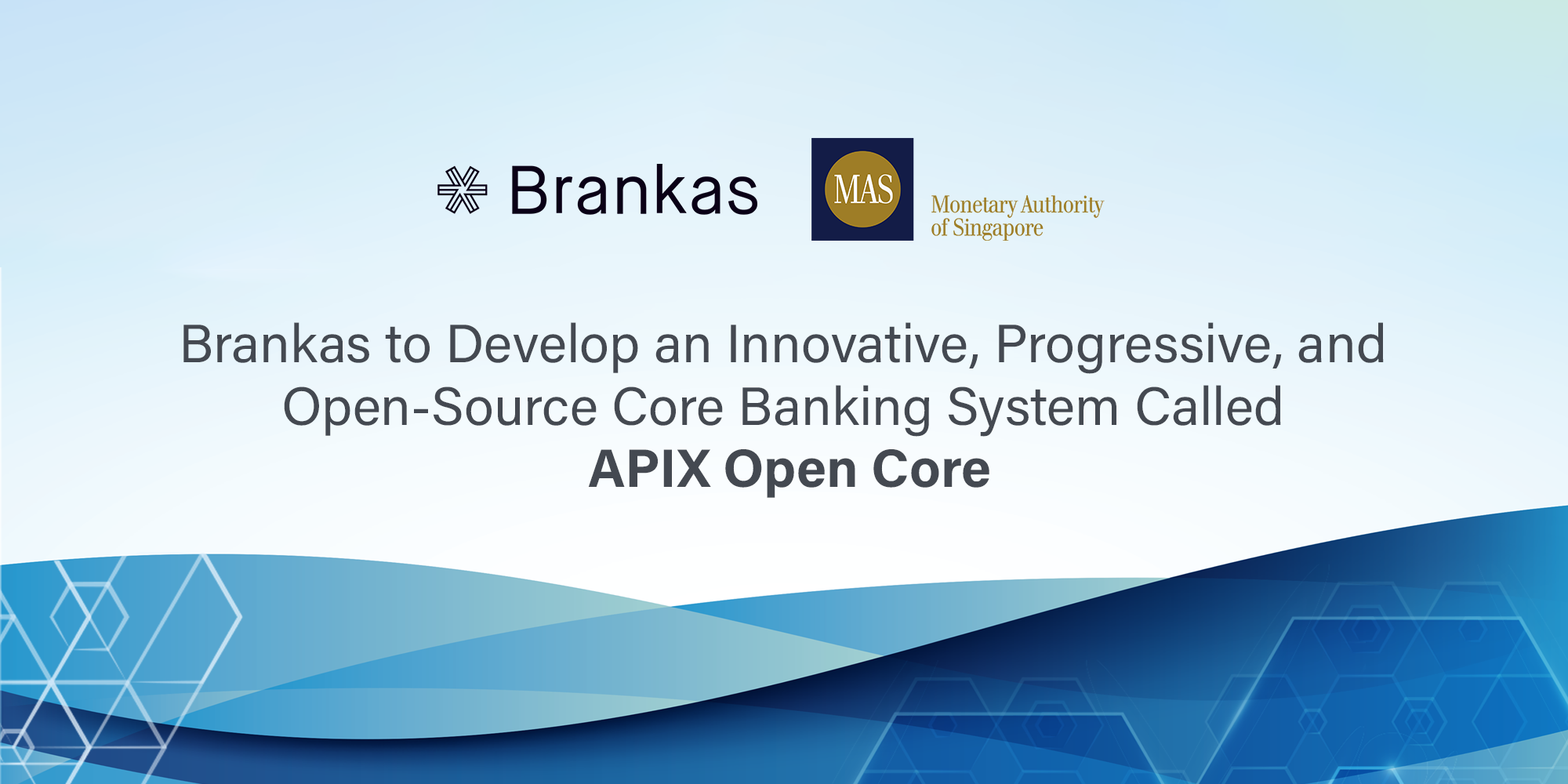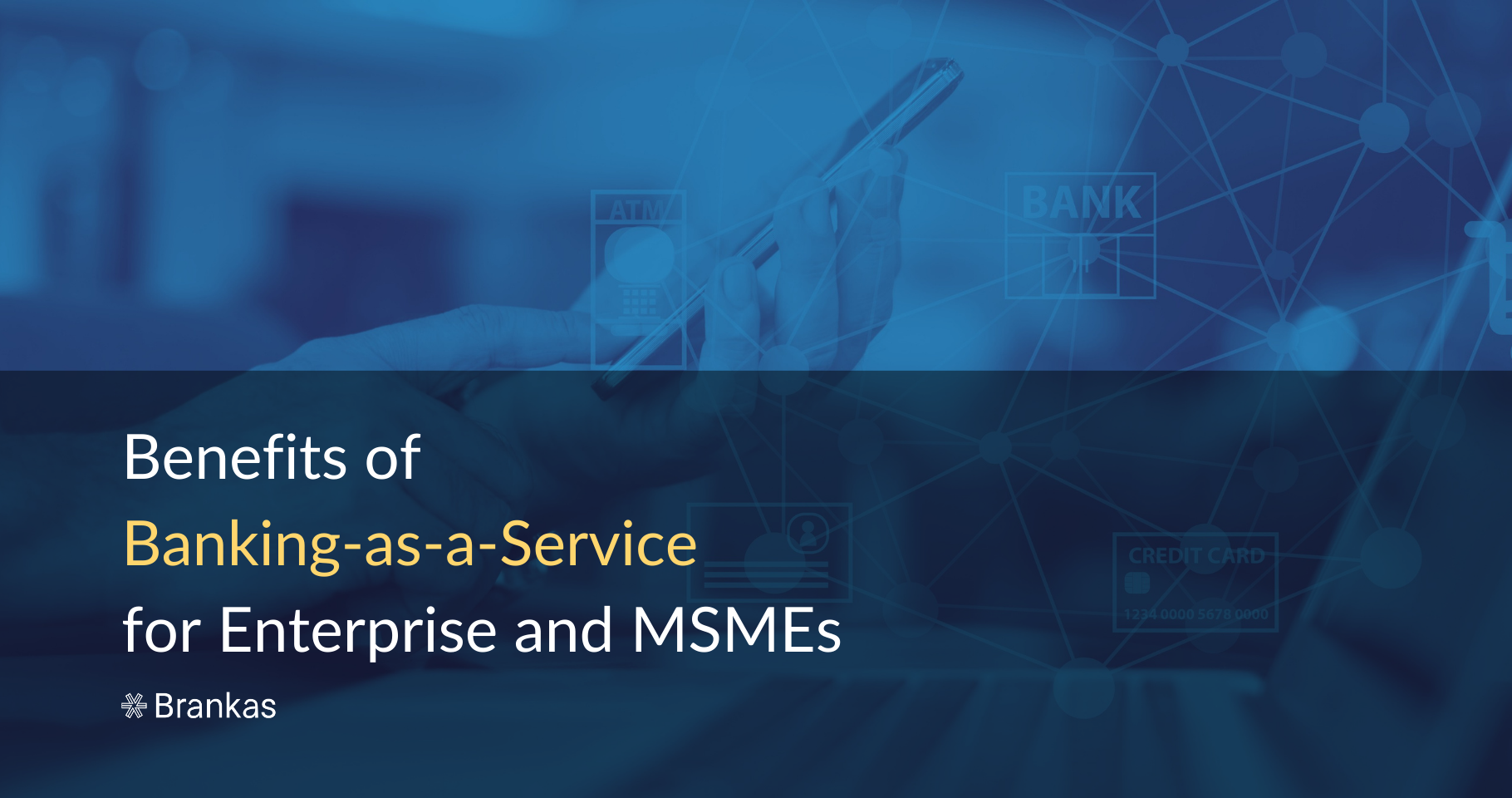
Why is fintech becoming a staple in emerging economies like the Philippines? Read about how financial technologies are performing in countries like the Philippines.

Brankas is excited to announce that we were awarded the Monetary Authority of Singapore (MAS) Financial Sector Technology and Innovation (FSTI) Proof-of-Concept (POC) grant on 11 November 2021. The FTSI POC grant provides funding support for experimentation, development, and dissemination of nascent innovative technologies in the financial sector.
The FTSI POC grant was received to back APIX Open Core: an innovative, progressive, and open-source core banking system (CBS) designed to increase access to digital financial services for the unbanked and underbanked in the region.
Brankas creates APIX Open Core for traditional and digital banks, non-bank financial institutions (NBFI), fintech, and cooperatives in emerging markets. With support from the POC grant, we are set to develop a proof of concept of an open-source CBS to enable rapid financial product development. It aims to do so by removing licensing costs, providing easy integration with third-party services, and ensuring compliance with regulatory requirements.
A core banking system is essentially the heart of all the systems operating in a bank, responsible for the bulk of financial services offered by the service providers. Unfortunately, for many financial institutions and fintech companies in emerging markets, CBS remains a costly and challenging aspect. This puts an unnecessary barrier that is preventing millions of consumers from accessing better financial services.
“APIX Open Core is designed to disrupt the banking status quo. The aim is to solve current barriers to entry in the banking sector. For instance, commercial CBS from established players available tend to be very costly, restricting banks to a closed environment that allows minimal integration and customizability,” said Mike Dickinson, Chief Product Officer of Brankas.
“On the other hand, available open-source CBS in the market are often rudimentary, inflexible, and lacking technical support. Brankas’ APIX Open Core addresses the concerns of traditional banks, digital banks, and other FIs by offering an affordable and reliable solution for these institutions looking to compete in the digital age,” he added.
APIX Open Core’s provide a CBS environment with eight retail banking modules, including Customer Onboarding, Account Management, General Ledger, Savings/Wallets and Time Deposits, Regulatory Reporting, Retail, and SME Loan Booking, Payment and External Settlements, as well as Risk, Fraud, and AML Management.
Meanwhile, the platform’s customer-facing platform allows seamless integration with external fintech partners, the bank’s mobile or web apps, and external card or payment networks.
The development of APIX Open Core will give financial institutions and fintech companies access to a new CBS that is free to use, easy to customize, and designed for integration with Open Finance APIs. In Singapore, where the technology will be deployed first, local fintech companies will benefit from a faster and smoother entry into new markets as adoption of the APIX Open Core expands across ASEAN, while the local software engineering community can directly contribute to a “homegrown” open source project that helps to narrow a persisting gap in the region’s financial services infrastructure.
Financial inclusion continues to be a work in progress in Southeast Asia due to a lack of access to financial products and services. More than 70 percent of the population in the region remain unbanked or underbanked, with credit card penetration as low as 3% for emerging countries such as Indonesia and the Philippines. Open-source solutions such as APIX Open Core allows financial institutions to deliver a complete range of financial services needed to ensure inclusion.
Financial service providers in Southeast Asia interested in adopting Brankas’ open-source CBS can be a part of APIX Open Core testing by contacting Brankas here.

Why is fintech becoming a staple in emerging economies like the Philippines? Read about how financial technologies are performing in countries like the Philippines.

Here are several benefits of banking-as-a-service for enterprise businesses and MSMEs—grow your business by improving customer experience.